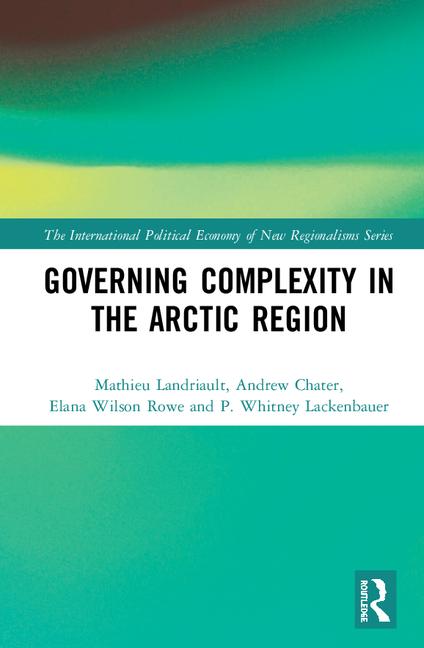This book examines emerging forms of governance in the Arctic region, exploring how different types of state and non-state actors promote and support rules and standards.
The authors argue that confining our understandings of Arctic governance to Arctic states and a focus on the Arctic Council as the primary site of circumpolar governance provides an incomplete picture. Instead, they embrace the complexity of governance in the Arctic by systematically analyzing and comparing the position, interventions, and influence of different actor groups seeking to shape Arctic political and economic outcomes in multiple sites of Arctic politics, both formal and informal. This book assesses the potential that sub-national governments, corporations, civil society organizations, Indigenous peoples, and non-Arctic states possess to develop norms and standards to ensure a stable, rule-based Arctic region. It will be of interest to all scholars and students working in the fields of Arctic Sovereignty, Security Studies, Global Governance, and International Political Economy.


